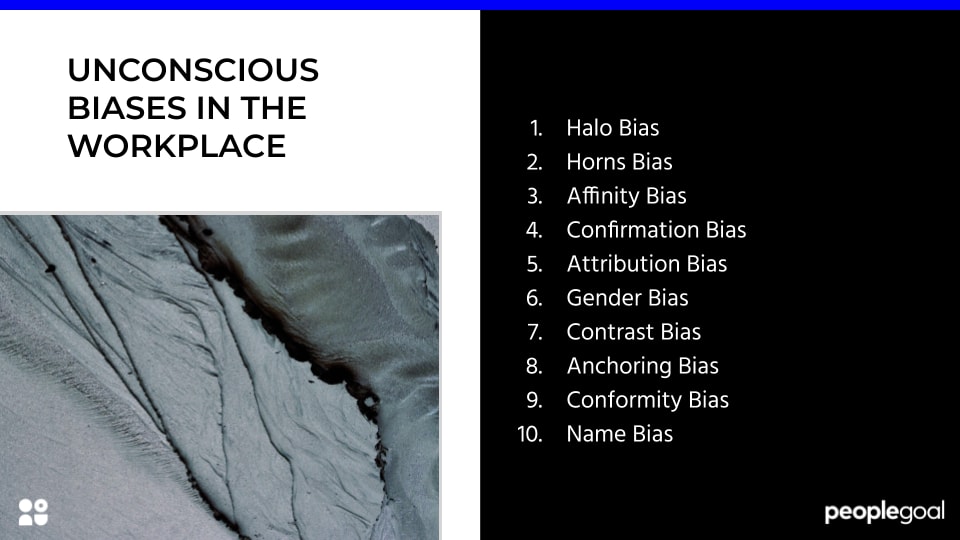Unconscious Bias Ethics Definition
It forms part of the royal society s efforts to ensure that all those who serve on royal society selection and appointment panels are aware of differences in how candidates may present themselves how to recognise bias in yourself and others how to recognise inappropriate advocacy or unreasoned judgement.
Unconscious bias ethics definition. If we are aware of the different types of bias we can take steps to try to avoid it. An unconscious bias is an implicit attitude stereotype motivation or assumption that can occur without one s knowledge control or intention. This animation introduces the key concepts of unconscious bias. Examples of unconscious bias include gender bias cultural bias age bias language and institutional bias.
Unconscious bias happens outside our conscious awareness. Originally published november 17 2015. He has supported the ethics centre s advice education team in research capacities over the last two years contributing to their work on cognitive bias in decision making and ethics education in financial services. By jack hume jack studied philosophy and psychology at the university of sydney completing his bachelor of arts in 2017 with first class honours.
Unconscious bias means we do not knowingly show bias but bias is evident in what we produce. Studies have demonstrated implicit bias against racial groups genders lgbtq and other marginalized groups. Biases may be held by an individual group or institution organization and can have negative or positive consequences. Unconscious biases otherwise known as implicit biases are inherent or learned stereotypes about people that everyone forms without realizing it.
This bias is typically a learned stereotype that s automatic and mostly unintentional. Biasis a prejudice in favor of or against one thing person or group compared with another usually in a way that s considered to be unfair. Unconscious biases are social stereotypes about an individual group or institution. Unconscious bias can be so systemically ingrained that it can alter our behavior and how we interact with the people around us.
